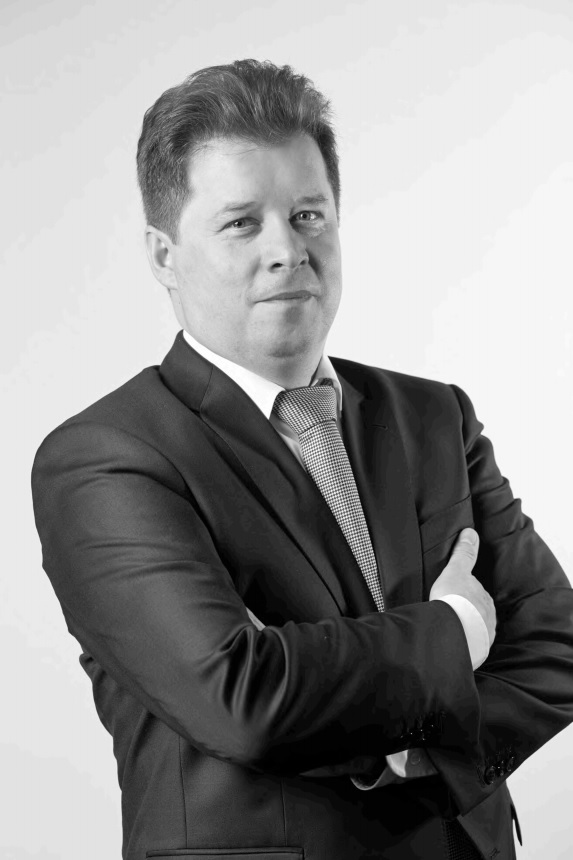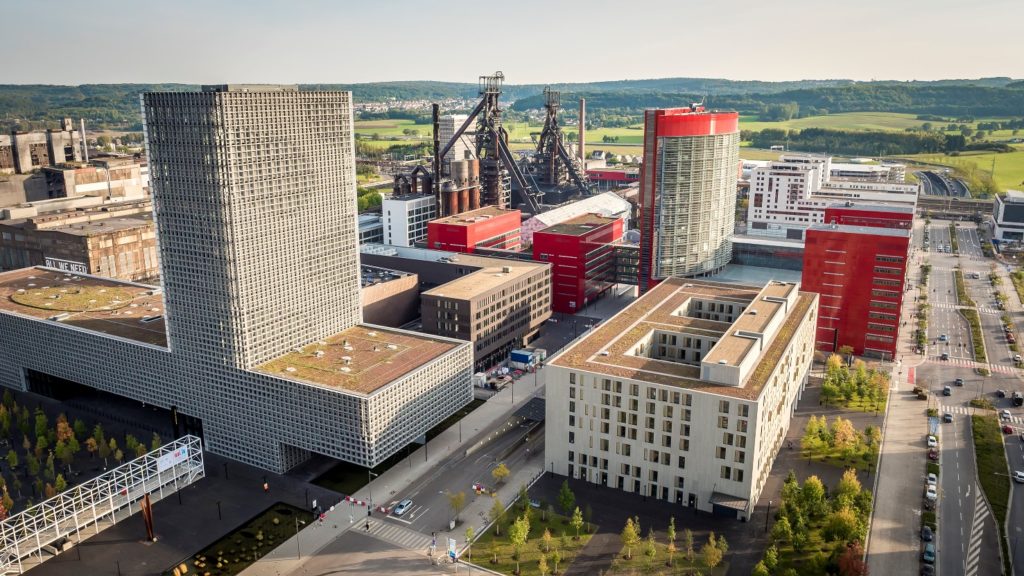BACK TO RESEARCH WITH IMPACT: FNR HIGHLIGHTS
BACK TO RESEARCH WITH IMPACT: FNR HIGHLIGHTS
Once home to Luxembourg’s largest steel foundry, the southern town of Belval is today the headquarters of public research, where breakthroughs in biomedical and ICT research are just on the horizon. Marc Schiltz, the FNR’s Executive Head and Secretary General, tells about how Luxembourg is positioning itself as a global hub of innovation.
Can you give background on the research landscape?
“Public research is a relatively young endeavor. Until 25 years ago, there was little public research activity. That changed considerably following the foundation of FNR in 1999. As a result, over the past 15 years public R&D spending has increased 12 fold, and we are now over the European average with 0.7% of GDP.”
Which research fields can Luxembourg specialise in?
“We have a department dedicated to research in the ICT sector, called the Interdisciplinary Centre for Security, Reliability and Trust (SNT), which is part of the University of Luxembourg. Within this discipline, we hope to train future experts in data, information systems and security. Secondly, we have the Luxembourg Center for Systems Biomedicine (LCSB), which has become one of our flagship projects.”
“As we grow in a few domains, such as ICT or biomedical, we are becoming much more attractive, especially for foreign talent. For a researcher, Luxembourg is attractive because of the prioritisation of R&D spending.” – Marc Schiltz, Secretary General, FNR
Can you give a couple of examples of successful research programmes?
“Every year, FNR hosts various awards to inspire the innovative spirit. One public research programme that has triggered global interest this year has been the HuMiX project, which endeavors to model a system of the human gut in the form of a chip where you can simulate parts of the human gut and biome. This is called the microbiome research and is currently one of the hot topics in the medical research world.
“Another project is FieldSpec, which revolves around a miniature mass spectrometer, an instrument with wide areas for application. NASA is interested in collaboration to use one of these spectrometers on satellites.”
What are the challenges as a young research destination?
“As we grow in a few domains, such as ICT or biomedical, we are becoming much more attractive, especially for foreign talent. For a researcher, Luxembourg is attractive because of the prioritisation of R&D spending. Yet, we have the challenges of a small country: We can’t cover a broad spectrum of research, so we have to set priorities and focus on a limited number of areas.”
What are the plans to build international partners?
“We have concluded bilateral cooperation agreements with more than 18 organisations. Over the past years, we have also started to go beyond Europe, and we now collaborate with the National Science Foundation of the US. Since our research is highly focused, when we seek out global experts, we try to match the best with the best.”
This interview was originally published in Foreign Policy in January 2018
RELATED HIGHLIGHTS


RELATED PROGRAMMES